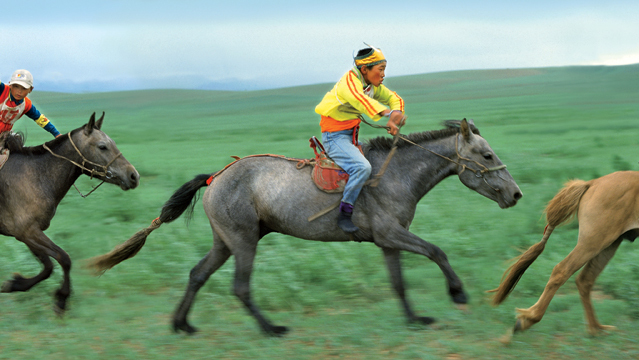Parks Are People Too
Geege Schuman stashed this in National Parks
Source: http://www.outsideonline.com/2102536/par...
A movement to imbue land, rivers, and entire ecosystems with legal personhood status is gaining ground in the U.S.
Stashed in: Outdoors, Awesome, Out of Doors, National Parks, Movements
It's a fascinating idea that natural elements could have civil liberties.
Imbuing landscapes with civil liberties is an idea gaining ground around the world. It’s fueled by a principle called “rights of nature,” which holds that mountains, rivers, and ecosystems should have entitlements, just like we do. The idea was broached by University of Southern California law professor Christopher Stone in a 1972 paper titled, “Should trees have standing?” It became the concept’s definitive explanation, and its legacy endures today. “We sort of picked up where his work left off, thinking this actually could work in law and it might resonate really well with indigenous groups,” Ruru says of Stone’s paper.
Legislation similar to New Zealand’s is also on the books in Ecuador and Bolivia. A group in India is trying to protect the Ganges River with a comparable law to the Te Urewera Act. Now, if a handful of rights of nature advocates in the U.S. have their way, we’ll start seeing more public lands here gain legal rights of their own.
“I think [the act’s rationale] can work in America, Canada, Australia—we all share very similar legal jurisdictions and I can see it applying in a very similar way as it has here,” Ruru says. “The trick to enabling that and getting everyone to buy into it and believe in it is really the management regime that sits over top of it.”
Next year, a multinational delegation of 20 land and water activists, environmental lawyers, and indigenous people from North and South America are planning a fact-finding mission to New Zealand to learn more about how the Te Urewera Act came to be and how its legal principles might be applied at home. Shannon Biggs, director of San Francisco-based Movement Rights, is planning the trip. “I think it’s the most revolutionary piece of legislation anywhere in the world,” she says. “We work with communities passing local laws that recognize something similar—rights of nature—but this goes much further. The potential to radically shift how we protect ecosystems is embedded in what they are doing there.”











9:11 AM Aug 09 2016